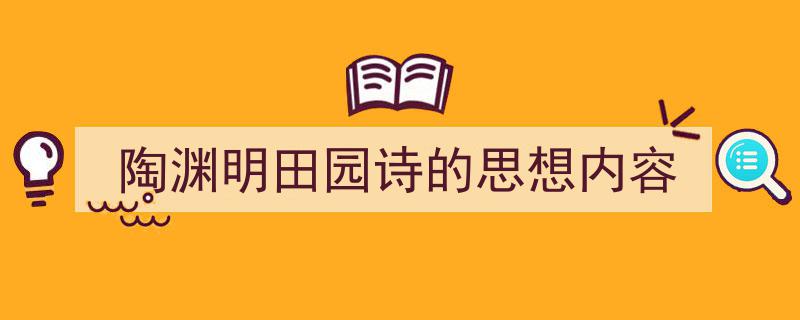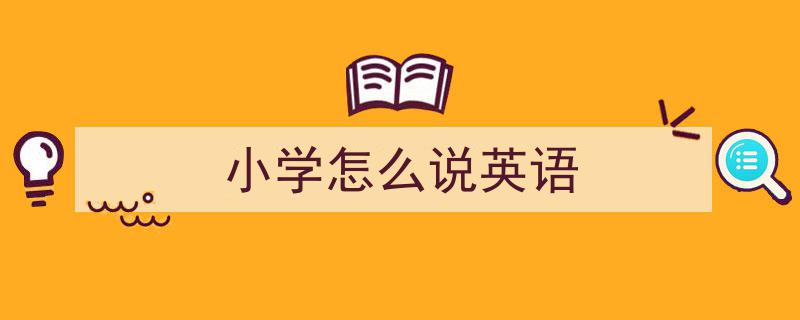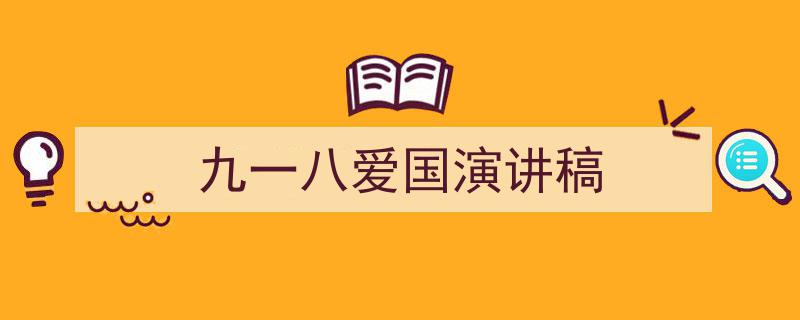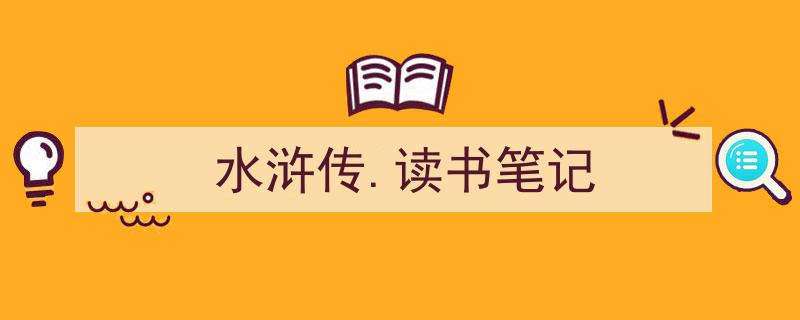欢迎来到58原创网网
格策美文教你学写《在小学上学英语》小技巧(精选5篇)
更新日期:2025-07-22 18:49
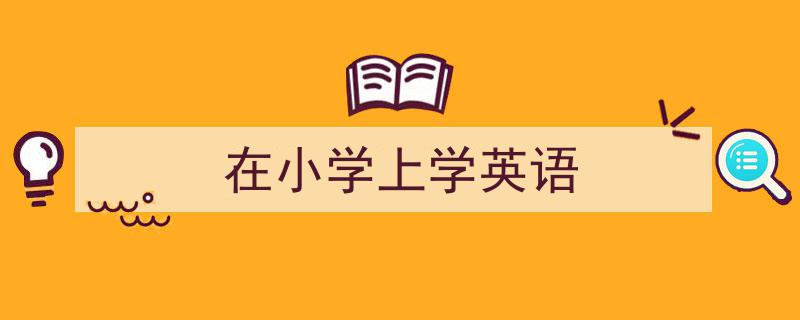
写作核心提示:
标题:小学英语学习的注意事项
As an elementary school student, learning English is an exciting journey that opens up a world of opportunities. To make the most of this experience, here are some important things to keep in mind:
1. "Establish a Routine": Consistency is key in language learning. Try to establish a daily routine for English practice. Whether it's reading a book before bed or listening to English songs during the morning routine, make sure to incorporate English into your daily life.
2. "Active Participation": In the classroom, be an active participant. Raise your hand to answer questions, participate in group discussions, and don't be afraid to make mistakes. Remember, every mistake is a step towards improvement.
3. "Engage with English Materials": Utilize a variety of English learning materials such as textbooks, workbooks, storybooks, and educational apps. This will help you expose yourself to different styles and levels of English.
4. "Practice Listening and Speaking": English is a language, and like any language, it requires practice. Listen to English songs, watch English cartoons, and try to speak in English whenever possible. Even if you're not fluent, the more you practice, the better you'll become.
5. "Focus on Vocabulary": Build your vocabulary by learning new words every day. Use flashcards, word games, or even create a word wall in your room. The more words you know, the more expressive you'll be in English.
6.
沈阳小学外研版二年级上下册部分单词词组双语汇总
沈阳小学通常使用外研版教材,以下是外研版二年级上册的部分单词词组双语及音标:
1. sad /sæd/ adj. 伤心的
2. angry /ˈæŋri/ adj. 生气的
3. tired /ˈtaɪəd/ adj. 疲倦的
4. hungry /ˈhʌŋɡri/ adj. 饥饿的
5. fun /fʌn/ n. 乐趣
6. show /ʃəʊ/ v. 展示
7. turn /tɜːn/ v. 转动;转弯
8. apple /ˈæpl/ n. 苹果
9. o'clock /əˈklɒk/ ……点钟
10. want /wɒnt/ v. 想要
11. for /fə(r); fɔː(r)/ prep. 为了;给
12. dinner /ˈdɪnə(r)/ n. 正餐,主餐
13. eat /iːt/ v. 吃
14. banana /bəˈnɑːnə/ n. 香蕉
15. yummy /ˈjʌmi/ adj. 美味的
16. rice /raɪs/ n. 米饭
17. noodle /ˈnuːdl/ n. 面条
18. milk /mɪlk/ n. 牛奶
19. bread /bred/ n. 面包
20. like /laɪk/ v. 喜欢
21. but /bʌt; bət/ conj. 但是
22. food /fuːd/ n. 食物
23. us /əs; ʌs/ pron. 我们(宾格)
24. cake /keɪk/ n. 蛋糕
25. sweet /swiːt/ adj. 甜的
26. ice cream /ˈaɪs kriːm/ n. 冰淇淋
27. weather /ˈweðə(r)/ n. 天气
28. windy /ˈwɪndi/ adj. 有风的
29. snowy /ˈsnəʊi/ adj. 下雪的
30. rainy /ˈreɪni/ adj. 下雨的
31. sunny /ˈsʌni/ adj. 晴朗的
32. worry /ˈwʌri/ v. 担心
33. wait /weɪt/ v. 等待
34. later /ˈleɪtə(r)/ adv. 后来
35. egg /eɡ/ n. 鸡蛋
36. other /ˈʌðə(r)/ adj. 其他的
37. in /ɪn/ prep. 在……里面
38. spring /sprɪŋ/ n. 春天
39. summer /ˈsʌmə(r)/ n. 夏天
40. autumn /ˈɔːtəm/ n. 秋天
41. winter /ˈwɪntə(r)/ n. 冬天
42. season /ˈsiːzn/ n. 季节
43. year /jɪə(r)/ n. 年
44. lot /lɒt/ n. 许多
45. make /meɪk/ v. 制作
46. some /səm; sʌm/ det. 一些
47. hat /hæt/ n. 帽子
48. shirt /ʃɜːt/ n. 衬衫
49. skirt /skɜːt/ n. 裙子
50. coat /kəʊt/ n. 外套
51. shoe /ʃuː/ n. 鞋子
52. put /pʊt/ v. 放
53. jump /dʒʌmp/ v. 跳
54. paper - cut /ˈpeɪpə kʌt/ n. 剪纸
55. up /ʌp/ adv. 向上
56. Song /sɒŋ/ n. 歌曲
57. Jigsaw /ˈdʒɪɡsɔː/ n. 拼图
58. Bike /baɪk/ n. 自行车
59. Toy /tɔɪ/ n. 玩具
60. T - shirt /ˈtiː ʃɜːt/ n. T恤衫
61. Mum /mʌm/ n. 妈妈
62. Dad /dæd/ n. 爸爸
63. Trousers /ˈtraʊzəz/ n. 裤子
64. Party /ˈpɑːrti/ n. 聚会
65. Clothes /kləʊðz/ n. 衣服
66. We /wiː/ pron. 我们
67. Have /hæv/ v. 有
68. English /ˈɪŋɡlɪʃ/ n. 英语
69. Maths /mæθs/ n. 数学
70. Music /ˈmjuːzɪk/ n. 音乐
71. PE(Physical Education)/ˈfɪzɪkəl ˌedʒuˈkeɪʃən/ n. 体育课
72. Science /ˈsaɪəns/ n. 科学
73. Chinese /ˈtʃaɪˈniːz/ n. 汉语,语文
74. Art /ɑːrt/ n. 美术
75. Film /fɪlm/ n. 电影
76. Time /taɪm/ n. 时间
77. Run /rʌn/ v. 跑
78. Train /treɪn/ n. 火车
79. Now /naʊ/ adv. 现在
80. Get up /ˈɡet ʌp/ 起床
81. Go to school /ˈɡəʊ tə skuːl/ 上学
82. Have lunch /ˈhæv lʌntʃ/ 吃午餐
83. Go home /ˈɡəʊ həʊm/ 回家
84. Then /ðen/ adv. 然后
85. Go to bed /ˈɡəʊ tə bed/ 上床睡觉
86. Have breakfast /ˈhæv ˈbrekfəst/ 吃早餐
87. Watch TV /ˈwɒtʃ ˈtiː ˈfəː/ 看电视
88. Weekend /ˈwiːkˌend/ n. 周末
89. Read /riːd/ v. 读
90. Come /kʌm/ v. 来
91. Listen /ˈlɪsən/ v. 听
92. Park /pɑːk/ n. 公园
93. City /ˈsɪti/ n. 城市
94. How /haʊ/ adv. 怎样,如何
95. Walk /wɔːk/ v. 步行
96. Go to work /ˈɡəʊ tə wɜːk/ 上班
97. On holiday /ˈɒn ˈhɒlɪdeɪ/ 度假
98. Ship /ʃɪp/ n. 船
99. China /ˈtʃaɪnə/ n. 中国
100. Plane /pleɪn/ n. 飞机
沈阳小学通常使用外研版英语教材。以下是外研版小学英语二年级下册的单词词组双语及音标:
- Unit 1:by /baɪ/ 通过,使用;bus /bʌs/ 公交车,公共汽车;car /kɑː(r)/ 汽车;train /treɪn/ 火车,列车;plane /pleɪn/ 飞机;farm /fɑːm/ 农场;养殖场;Chinese /ˌtʃaɪˈniːz/ 中国的;中国人的;new /njuː/ 新的;see /siː/ 看望。
- Unit 2:job /dʒəʊb/ 工作;职业;driver /ˈdraɪvə(r)/ 司机,驾驶员;farmer /ˈfɑːmə(r)/ 农民;worker /ˈwɜːkə(r)/ 工人;doctor /ˈdɒktə(r)/ 医生,大夫;nurse /nɜːs/ 护士;our /ˈaʊə(r); ɑː(r)/ 我们的;pen /pen/ 钢笔;queen /kwiːn/ 女王。
- Unit 3:cow /kaʊ/ 母牛,奶牛;chicken /ˈtʃɪkɪn/ 鸡;sheep /ʃiːp/ 羊,绵羊;flower /ˈflaʊə(r)/ 花,花朵;grass /ɡrɑːs/ 草,青草;child /tʃaɪld/(复数 children /ˈtʃɪldrən/)儿童;feed /fiːd/ 喂养,饲养;look at /lʊk æt/ 看(某人或某物);painting /ˈpeɪntɪŋ/ 绘画(作品)。
- Unit 4:class /klɑːs/(一节)课,上课时间;in class /ɪn klɑːs/ 上课时;English /ˈɪŋɡlɪʃ/ 英语;maths /mæθs/ 数学;all /ɔːl/ 全部,所有;music /ˈmjuːzɪk/ 音乐;PE /ˌpiː ˈiː/ 体育课;art /ɑːt/ 美术,艺术;great /ɡreɪt/ 非常好的;can /kæn; kən/ 能,会;umbrella /ʌmˈbrelə/ 伞;雨伞;van /væn/ 小型货车;student /ˈstjuːdnt/ 学生。
- Unit 5:sing /sɪŋ/ 唱,歌唱;dance /dɑːns; dæns/ 跳舞;draw /drɔː/ 画,绘画;football /ˈfʊtbɔːl/ 足球;play football /pleɪ ˈfʊtbɔːl/ 踢足球;kick /kɪk/ 踢;box /bɒks/ 盒;箱;paper /ˈpeɪpə(r)/ 纸。
- Unit 6:week /wiːk/ 星期,周;Monday /ˈmʌndeɪ; ˈmʌndi/ 星期一;Tuesday /ˈtjuːzdeɪ; ˈtjuːzi/ 星期二;Wednesday /ˈwenzdeɪ; ˈwenzdi/ 星期三;Thursday /ˈθɜːzdeɪ; ˈθɜːzdi/ 星期四;Friday /ˈfraɪdeɪ/ 星期五;every day /ˈevri deɪ/ 每天;Saturday /ˈsætədeɪ; ˈsætədi/ 星期六;Sunday /ˈsʌndeɪ; ˈsʌndi/ 星期日,星期天;sorry /ˈsɒri/ 对不起,很抱歉。
一般过去时用法详解(沈阳小学六年级上册适用)
一般过去时用法详解(沈阳小学六年级上册适用)
一般过去时表示过去某个时间发生的动作或存在的状态,常与表示过去的时间状语(如 yesterday, last week, ago 等)连用。
一、基本用法
1. 表示过去发生的动作
强调动作在过去某个时间点已经完成,与现在无关。
- 例句:He played football yesterday.(他昨天踢了足球。)
- 例句:She watched TV last night.(她昨晚看了电视。)
2. 表示过去存在的状态
描述过去某段时间里的状态或特征。
- 例句:I was happy last weekend.(上周末我很开心。)
- 例句:They were in Beijing in 2023.(2023年他们在北京。)
二、动词变化规则
1. 规则动词:直接加-ed
- play → played(玩):We played games after school.(我们放学后玩了游戏。)
- walk → walked(走路):She walked to school yesterday.(她昨天走路去学校。)
2. 不规则动词:需特殊记忆(小学常见)
- go → went(去):I went to the park last Sunday.(我上周日去了公园。)
- eat → ate(吃):He ate a hamburger this morning.(他今天早上吃了一个汉堡。)
- see → saw(看见):We saw a big dog yesterday.(我们昨天看见一只大狗。)
三、句型结构
1. 肯定句:主语 + 动词过去式 + 其他
- He studied English last night.(他昨晚学了英语。)
- They had a good time.(他们玩得很开心。)
2. 否定句:主语 + didn’t + 动词原形 + 其他(be动词否定:wasn’t/weren’t)
- I didn’t finish my homework.(我没完成作业。)
- She wasn’t at home yesterday.(她昨天不在家。)
3. 一般疑问句:Did + 主语 + 动词原形 + 其他?(be动词提前:Was/Were + 主语...?)
- Did you clean your room? (你打扫房间了吗?) → Yes, I did.(是的,我打扫了。)
- Were they in the library?(他们在图书馆吗?) → No, they weren’t.(不,他们不在。)
四、常见时间状语
- yesterday(昨天)、last week(上周)、three days ago(三天前)、in 2022(在2022年)、this morning(今天早上,已过去)
- 例句:She bought a book three days ago.(她三天前买了一本书。)
一般过去时的肯定句、否定句和疑问句结构如下:
一、肯定句
结构:主语 + 动词过去式 + 其他
- 当谓语是实义动词时:
He played basketball yesterday.(他昨天打了篮球。)
They visited their grandparents last week.(他们上周去看望了祖父母。)
- 当谓语是be动词(was/were)时:
I was late for school this morning.(今天早上我上学迟到了。)
We were in the classroom just now.(我们刚才在教室里。)
二、否定句
1. 实义动词作谓语:主语 + didn’t + 动词原形 + 其他
She didn’t watch TV last night.(她昨晚没看电视。)
They didn’t finish the work yesterday.(他们昨天没完成工作。)
2. be动词作谓语:主语 + wasn’t/weren’t + 其他
He wasn’t at home yesterday.(他昨天不在家。)
Those books weren’t mine.(那些书不是我的。)
三、一般疑问句
1. 实义动词作谓语:Did + 主语 + 动词原形 + 其他?
肯定:Yes, 主语 + did.
否定:No, 主语 + didn’t.
- Did you go to the park?(你去公园了吗?)
Yes, I did.(是的,我去了。) / No, I didn’t.(不,我没去。)
2. be动词作谓语:Was/Were + 主语 + 其他?
肯定:Yes, 主语 + was/were.
否定:No, 主语 + wasn’t/weren’t.
- Was she happy?(她开心吗?)
Yes, she was.(是的,她开心。) / No, she wasn’t.(不,她不开心。)
- Were they in Shanghai?(他们在上海吗?)
Yes, they were.(是的,他们在。) / No, they weren’t.(不,他们不在。)
一般过去时常与表示过去的时间状语连用,小学阶段常见的有以下几类:
1. 表示“昨天”的相关时间
- yesterday(昨天):I went shopping yesterday.(我昨天去购物了。)
- yesterday morning/afternoon/evening(昨天上午/下午/晚上):She read a book yesterday evening.(她昨天晚上读了一本书。)
2. 表示“上周/月/年”等
- last week(上周)、last month(上个月)、last year(去年):We had a trip last week.(我们上周去旅行了。)
- last Monday/Tuesday/...(上周一/周二/...):He played football last Sunday.(他上周日踢足球了。)
3. 表示“...以前”
- ... ago(多久以前):three days ago(三天前)、two weeks ago(两周前):They came here five days ago.(他们五天前来到这里。)
4. 表示过去的具体年份/季节等
- in 2020(在2020年)、in winter(在冬天,指过去的冬天):She was born in 2016.(她2016年出生。)
5. 其他常见短语
- just now(刚才):He left just now.(他刚才离开了。)
- this morning(今天早上,指已经过去的早上):I ate eggs this morning.(我今天早上吃了鸡蛋。)
文章说明
本站部分资源搜集整理于互联网或者网友提供,仅供学习与交流使用,如果不小心侵犯到你的权益,请及时联系我们删除该资源。


